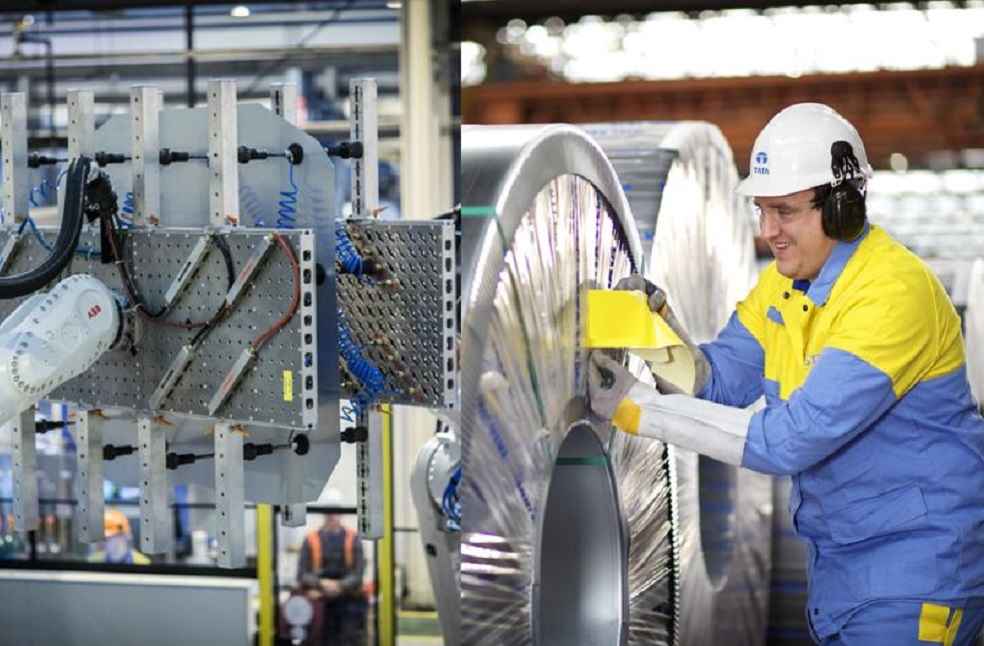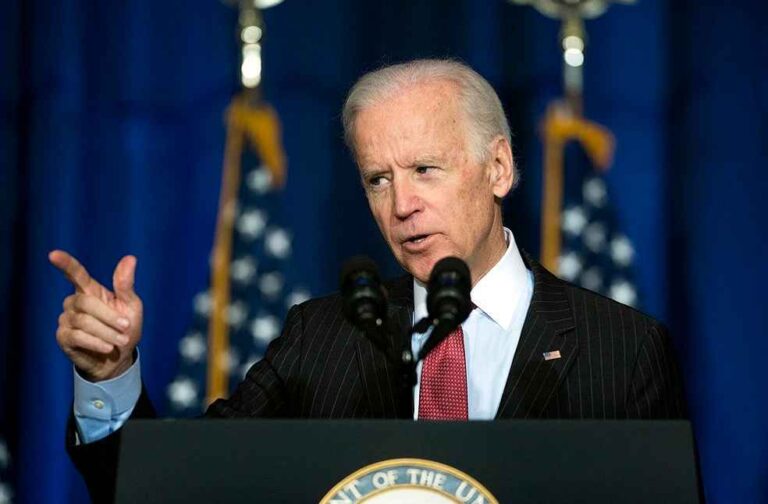The White House has revealed plans to significantly raise tariffs on steel and aluminum imports from China to advance low-carbon manufacturing. This directive aligns with a broader agenda to foster cleaner production methods and mitigate global carbon emissions prevalent in heavy industries.
President Joe Biden is slated to outline this strategy during an appearance at the U.S. Steelworkers headquarters in Pittsburgh this Wednesday. Originating from an extensive review by the U.S. Trade Representative (USTR), this policy seeks to bolster American steel and aluminum sectors while propelling environmental sustainability initiatives.

White House economic adviser Lael Brainard emphasized the threat of China’s industrial overcapacity, which inundates global markets with inexpensive, high-emission products. Proposed tariffs would see current rates on Chinese imports surge from 7.5 percent to an average of 22.5 percent. This measure aims to curtail these imports in favor of domestically produced, eco-friendly alternatives.
Concurrent with tariff adjustments, the Biden administration has committed substantial financial resources to green manufacturing technologies. Notably, last month the Department of Energy allocated $1.5 billion to several pioneering U.S. steel projects, including a near-zero emissions initiative by European firm SSAB and an American enterprise, Cleveland-Cliffs. Additional allocations support advancements in aluminum production, vital to the administration’s decarbonization agenda.
On the international stage, the U.S. has propelled the World Trade Organization towards prioritizing clean trade, while on the domestic front, the administration has expressed intent to safeguard local industries from foreign mergers, highlighted by Biden’s resistance to Nippon Steel’s proposed acquisition of U.S. Steel.

Collaborative efforts with Mexico aim to prevent tariff evasion, ensuring imports through Mexico comply with new standards. Furthermore, a task force led by White House climate adviser John Podesta will promote trade in environmentally friendly goods, with a particular focus on aluminum, primarily manufactured in China, where it is associated with significantly higher emissions than U.S. standards.
As global priorities increasingly focus on reducing greenhouse gas emissions, the U.S. is positioning itself at the forefront of the shift toward a sustainable and resilient industrial future. These economic measures underscore not only a critical environmental imperative but also a pivotal shift in industrial policy.
GLOBAL ROUNDUP | BRICS Embraces Crypto, Ditches US Dollar in Trade Settlement



